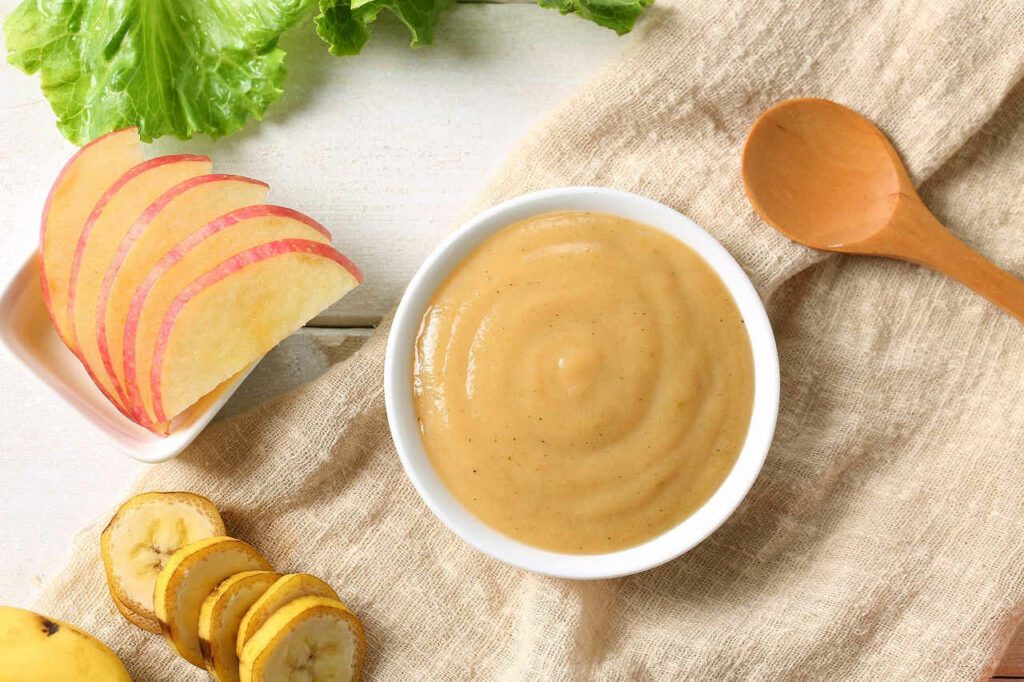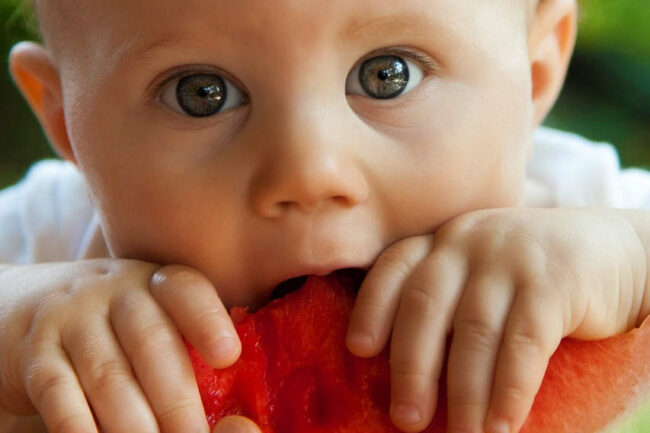Becoming a parent is both a joyful and challenging journey, full of critical decisions that will shape your child’s future. One decision that often causes parents much deliberation is choosing the right food for their baby. While traditional baby foods have been the norm for years, the trend towards organic baby food is gaining traction for a variety of compelling reasons. This comprehensive guide aims to delve into why organic baby food is a sound choice, the variety of options you have, and practical tips for those considering making their own.
Is Organic Baby Food Truly the Healthier Option?
One of the foremost concerns for any parent is the health and well-being of their child. With numerous food recalls and questionable additives found in many conventional baby foods, it’s natural to seek out safer alternatives. Organic baby foods come with a promise: they are free from synthetic pesticides, artificial preservatives, and genetically modified organisms.
While conclusive scientific research on the long-term health impacts of organic food is still pending, many parents claim that choosing organic has led to noticeable improvements in their child’s health and even their behavior. Organic foods also undergo strict regulations, meaning fewer recalls and a generally safer product.
Quick Tip: Check Labels Carefully
It’s essential to read labels when purchasing organic baby food. Look for a certification from a reputable organization, ensuring that the product truly adheres to organic standards.
What Flavorful Choices Are Available in Organic Baby Food?
Contrary to popular belief, choosing organic doesn’t mean you have to sacrifice variety. Brands like Earth’s Best Organic offer a plethora of jarred baby foods with flavors ranging from classics like apple and banana to adventurous options like pumpkin and spinach. This array helps your child experience a rich diversity of flavors, enhancing their palate and nutritional intake.
Quick Tip: Introduce New Flavors Gradually
It’s recommended to introduce one new flavor at a time to your baby and wait a few days before adding another. This will help you identify any allergies or intolerances early on.
DIY Organic Baby Food: A Cost-Effective and Personalized Approach
While organic baby food is undeniably healthier, it often comes with a steeper price tag. The cost can be a deterrent for some families, but there’s a simple solution: making your own organic baby food at home. With a good blender and a batch of organic fruits and vegetables, you can create a variety of nutritious meals for your baby.

Quick Tip: Batch Cooking Saves Time
Consider making large batches of different purees and storing them in the freezer. This will not only save you time but also ensures that you always have a healthy option readily available for your baby.
Extra Tip: Seasonal and Local Produce
Opt for seasonal and local organic produce to ensure maximum freshness and nutritional content. It’s also generally cheaper than buying out-of-season fruits and vegetables.
Organic Beyond Baby Food: Snacks and Cereals
The organic lifestyle doesn’t have to stop at baby food. Many brands offer organic baby cereals, snacks, and even formulas. Incorporating these into your baby’s diet ensures a holistic approach to their nutrition and reduces exposure to potentially harmful substances commonly found in conventional foods.

Quick Tip: Transitioning to Organic
If you’re transitioning from conventional to organic food, doing it gradually can make the process smoother. Start by replacing one or two items at a time to make the change easier on your budget and your baby’s digestive system.
Choosing organic baby food is an investment in your child’s health and future. While the cost may be higher upfront, the benefits—both immediate and potential long-term—make it a worthwhile choice. Organic foods offer safety from harmful additives and pesticides, a rich variety of flavors to expand your child’s palate, and the flexibility of making your own personalized meals. As you navigate the exciting and challenging journey of parenthood, choosing organic baby food is a step towards a healthier, happier future for your child.
This comprehensive guide provides you with the top reasons to opt for organic baby food and practical tips to make the transition easier. It’s not just about what is convenient; it’s about making choices that will positively impact your child’s life for years to come.
By following these tips and insights, you can make an informed decision about the best nutrition for your baby. After all, a healthy baby is a happy baby, and what more could a parent want?

